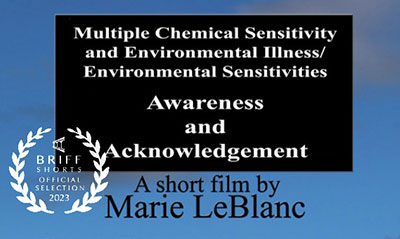 I came across this very interesting article by Jeffrey Helm, a former neuroscientist who now writes about science issues. He shares current research into the “sensitization circuitry” seen in drug and alcohol addicted brains. A research team at UBC’s Brain Research Centre is exploring the possibility of resetting the addicted brain’s memory so that it functions as it did before the addiction, or sensitization, occurred:
I came across this very interesting article by Jeffrey Helm, a former neuroscientist who now writes about science issues. He shares current research into the “sensitization circuitry” seen in drug and alcohol addicted brains. A research team at UBC’s Brain Research Centre is exploring the possibility of resetting the addicted brain’s memory so that it functions as it did before the addiction, or sensitization, occurred:
What if you could take a drug that would cure addiction? While some look for answers to addiction in religion, 12-step programs and the power of positive thinking, scientists are pushing forward the frontiers of neurobiology. Researchers are figuring out how addiction rewires the brain. The goal is to eventually be able to rewire an addicted brain back to the way it was, before the drugs, the cravings, and the self-destruction.”
My excitement is based on how this might possibly relate to chemical sensitivity. Claudia Miller, PhD, has postulated a Toxicant Induced Loss of Tolerance (TILT) theory which led to a conference in 2005 that explored the addiction/abdiction connection. Miller has stated:
There is a striking resemblance between the symptoms and responses to substances reported by chemically intolerant patients and individuals addicted to drugs or alcohol.”
She believes that addiction and chemical intolerance share an underlying disease mechanism (see her TILT theory, in link above), although they may be expressed as polar opposites. The conference generated interest amongst researchers for future collaborations between the two fields, but according to Miller, there have been no breakthroughs since that time.
Although Helms says addiction reversal therapies based on the UBC team’s research may not be ready for human application for another 10-15 years, I’ll certainly be keeping an eye on neuro-addiction research to see whether there are potential implications for chemical intolerance…read Jeffrey Helms’ article









0 Comments